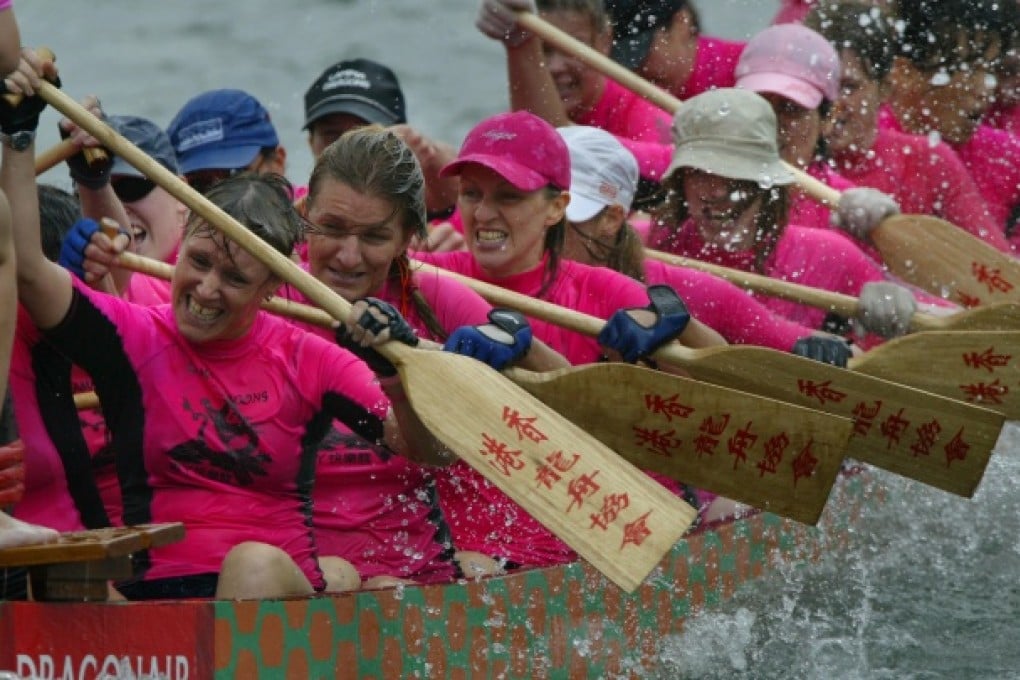Team Lamma show paddle power
Dragon-boat club has a long, proud tradition that has embraced the expat community and helped shape the fabric of the island

Stemming from ancient Chinese fishing traditions, dragon boating has evolved into a fiercely contested international water sport. Every year thousands compete in international competitions, while hundreds of thousands participate in the sport worldwide. And yet, despite the sport's global reach, Hong Kong remains firmly at its core.
Passed from fishing communities to curious "gweilo" foreigners during the 1970s, the sport has been celebrated - over a beer or two - ever since for its powerful displays of endurance and timely precision. Over the years, teams of paddling enthusiasts have banded together on Hong Kong's shores only to disappear, along with the ebbs and flows in the tides of expat traffic.
But there is one Hong Kong dragon-boating club still paddling after 25 years: the Lamma Dragons.
Like any good dragon-boating story, it started with a drink.
"I was in the Island Bar when I heard a drum coming from the harbour," says Kathy Basey, a Lamma resident and one of the founding members of the club. "Fishermen were practising and it made me wonder, wouldn't it be great to have a team?"
After conversations with a Lamma resident who worked with the fishing community, lessons were organised for the women. Unlike the men, who had soccer and cricket teams, Lamma's women did not play any sport on the island.